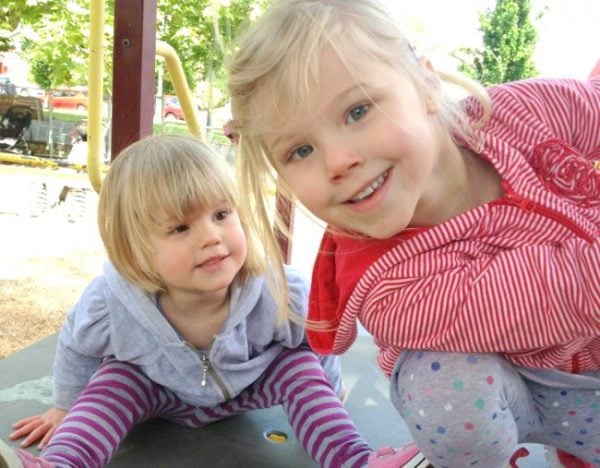All parents want the best for their children. As adults, we know that life will throw many curve balls at our kids. We want them to be resilient, but we also want more for them than just dealing with setbacks. We want them to live life to their full potential.
To ensure that children thrive, we need to help them become curious, proactive, positive and confident in their abilities and interactions. We need them to be mentally tough.
Niels Van Hove, Mental Toughness Coach, author and dad to Poppy (nine) and Coco (seven) explains what mental toughness is all about and how he helps his daughters develop their mental strength.





























































































